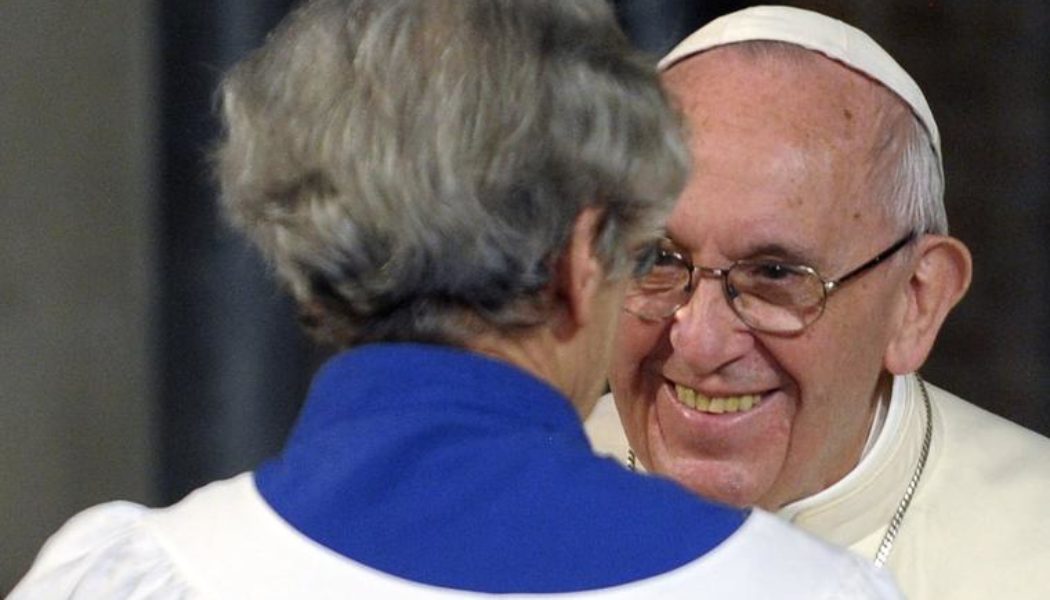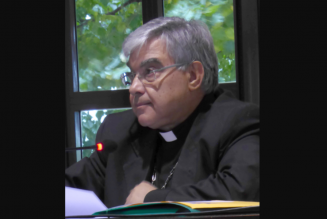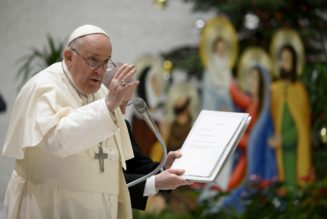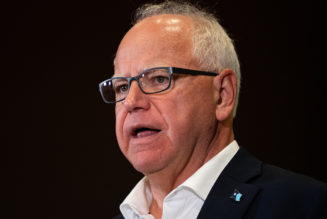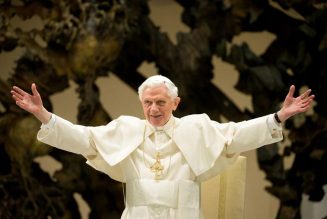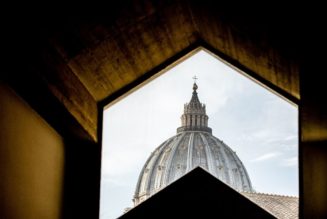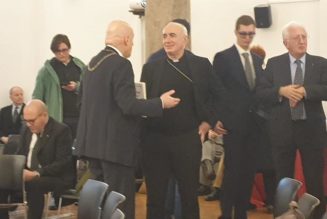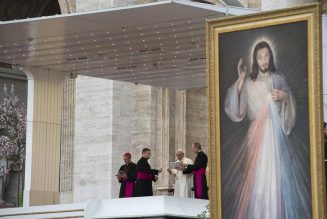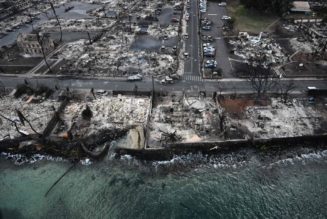
In an interview with a Spanish-language daily newspaper, Salesian Sister Linda Pocher added that the issue is something the Holy See is working toward.
VATICAN CITY — Pope Francis is “very much in favor” of a female diaconate and is looking to extend to all the baptized “some rights” that until recently belonged only to bishops, priests and religious, an Italian theologian has said.
In a series of statements, Salesian Sister Linda Pocher said the issue of a female diaconate was brought up at a Feb. 5-7 meeting she attended of the Council of Cardinals, also called the “C9,” a nine-member body Pope Francis established in 2013 to advise him on Church governance and reform.
“We already know that the Pope is very much in favor of the female diaconate, but it is still something that we are trying to understand how to put into practice,” said Sister Linda, according to Feb. 8 comments to the Spanish language daily Europa Press.
The Italian theologian added that there was “no reflection on the presbyteral ordination of women in the Catholic Church.”
Sister Linda’s comments on a women’s diaconate appear to be at odds with Pope Francis’ own public pronouncements on the subject. Last October, in an interview for a book in Spanish, Francis reaffirmed the impossibility of women becoming priests, or even modern Church deacons.
But although he has so far stopped short of allowing a women’s diaconate, most notably in his 2019 post-synodal apostolic exhortation following the Amazonian Synod, he has kept doors open to discussing the theme and has continued to hear testimonies and consultation from others in favor of such a change.
The issue was also a point of discussion at the first assembly of the Synod on Synodality last October, which called for more research on women deacons to be released at the next assembly this October. Francis also created two international commissions in 2016 and in 2020 on the issue but neither provided additional public guidance.
The Register asked Vatican spokesman Matteo Bruni on Monday to comment on whether the Pope’s position on a women’s diaconate has changed but he had not responded by publication time.
The most recent C9 meeting, part of which was dedicated to deepening a reflection “on the role of women in the Church,” drew significant controversy when it emerged that among those addressing cardinals was the Rev. Jo Bailey Wells, a female Anglican bishop who is currently deputy secretary general of the Anglican Communion.
Sister Linda said that the Pope had asked her “to organize this meeting of reflection on the world of women in the Church and it seemed interesting to me to discuss the experience of the Anglican Church in this regard.”
“What I asked the bishop was really to explain what kind of process they followed in order to arrive at the decision to ordain women, and to relate how this has changed life in their Church,” the Salesian sister continued. “So what she did was rather relate an experience, which we then discussed with the cardinals and the Pope.”
Wells, one of the first generation of women to have been ordained in the Church of England and who has campaigned for “gender equality,” said after the meeting, “Many have suggested this was an historic moment. Certainly, I was honored to be invited to describe the Anglican journey in regard to the ordination of women, both in the Church of England and across the Communion. There was deep engagement and some good discussion.
She added that following the meeting, she was “just amazed at the interest from Catholics all around the world,” and that she hoped it would “serve to enable more women to explore and fulfill the calling God gives to each one of us.”
In 2008, when he was serving as president of the Pontifical Council for Christian Unity, Cardinal Walter Kasper personally advised the Anglican Communion’s Lambeth Conference that the recent decision by some Anglican provinces to ordain female bishops “effectively and definitively blocks a possible recognition of Anglican Orders by the Catholic Church.”
Listening Session
In a Feb. 9 interview with Vida Nueva Digital, Bailey Wells said the cardinals “were welcoming, attentive and I would even say curious” and that they “spent more time listening than talking.” She said she saw it as “very significant” to be invited, but that she “would not describe this situation as a request for advice” and rather a “seminar in which we sat together to listen.”
Wells added that, according to her, the Anglican Communion is “ahead of the Catholic Church” in giving women equal opportunities to men in leading her ecclesial communion, but believes they have more work to do. “We should not assume, just because the doors have been opened to women in this way, that this automatically means there is gender equality,” she said.
Also offering advice at the C9 meeting was Giuliva Di Berardino, a consecrated virgin, religious studies teacher, and liturgist from the Diocese of Verona, Italy. Sister Linda said she had asked her to weigh in on “the possible ministries for women in the Catholic Church, on the possibilities that are really feasible now in the Catholic Church.”
Sister Linda, who also attended the previous C9 meeting in early December, said Francis “is changing the way of thinking and living the difference between the ordained ministry and the baptismal priesthood,” adding that he is “extending to all the baptized some rights that until recently belonged to bishops, priests or religious.”
She was likely referring to the Synod on Synodality which, at the first session last October, allowed women and laity the right to vote for the first time in a Synod of Bishops.
